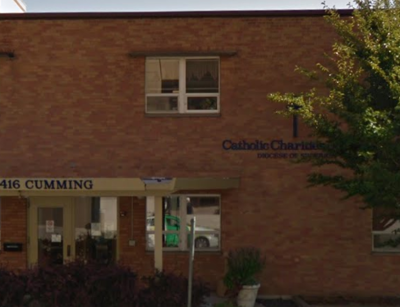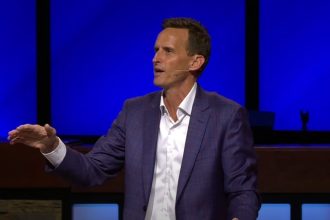
A Catholic Charities affiliate in Wisconsin is appealing to the U.S. Supreme Court to claim a religious tax exemption after the state’s highest court ruled it could not.
In a petition for a writ of certiorari filed last Friday, the Catholic Charities Bureau of the Diocese of Superior asked the high court to overturn a recent ruling from the Wisconsin Supreme Court requiring the organization to pay into a state unemployment insurance program.
“Although all agree Catholic Charities is controlled by a church — the Diocese of Superior — the Wisconsin Supreme Court held that Catholic Charities is not ‘operated primarily for religious purposes’ and thus does not qualify for the tax exemption,” reads the petition.
“Religious bodies like Petitioners are deeply affected, having to pay unemployment taxes that otherwise could be helping the needy. Moreover, because Petitioners are forced to pay into the state unemployment compensation program, they cannot participate in their church’s own unemployment compensation system along with Wisconsin dioceses, including the Diocese of Superior itself.”
The charity asked the Supreme Court to address whether the state violates the First Amendment to the U.S. Constitution’s religion clauses “by denying a religious organization an otherwise-available tax exemption because the organization does not meet the state’s criteria for religious behavior.” The charity wants the high court to determine when “addressing federal constitutional challenges,” can “state courts require proof of unconstitutionality ‘beyond a reasonable doubt?'”
Eric Rassbach, vice president and senior counsel at Becket, a legal organization representing Catholic Charities, said in a statement last week that it should not “take a theologian to understand that serving the poor is a religious duty for Catholics.”
“But the Wisconsin Supreme Court embraced the absurd conclusion that Catholic Charities has no religious purpose. We’re asking the Supreme Court to step in and fix that mistake,” he added.
In 2016, the Catholic Charities Bureau asked the Wisconsin Department of Workforce Development to rule that it was exempt from having to pay into the state unemployment insurance program due to its religious nature.
The state agency declined the request, arguing that the group was not primarily religious in nature. The charity appealed to an administrative law judge, who reversed the earlier ruling.
In response, the DWD petitioned the Wisconsin Labor and Industry Review Commission, which ruled against Catholic Charities, arguing that their activities were chiefly secular and did not qualify for a religious exemption.
In March, the Wisconsin Supreme Court ruled 4-3 that the charitable group did not fit the definition of a religious entity and was thus ineligible for the exemption.
Justice Ann Walsh Bradley authored the majority opinion, concluding that the charity was “not operated primarily for religious purposes” and had to pay into the unemployment insurance program.
“CCB and the sub-entities, which are organized as separate corporations apart from the church itself, neither attempt to imbue program participants with the Catholic faith nor supply any religious materials to program participants or employees,” she wrote. “An objective examination of the actual activities of CCB and the sub-entities reveals that their activities are secular in nature.”







